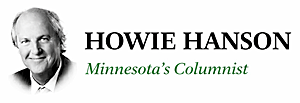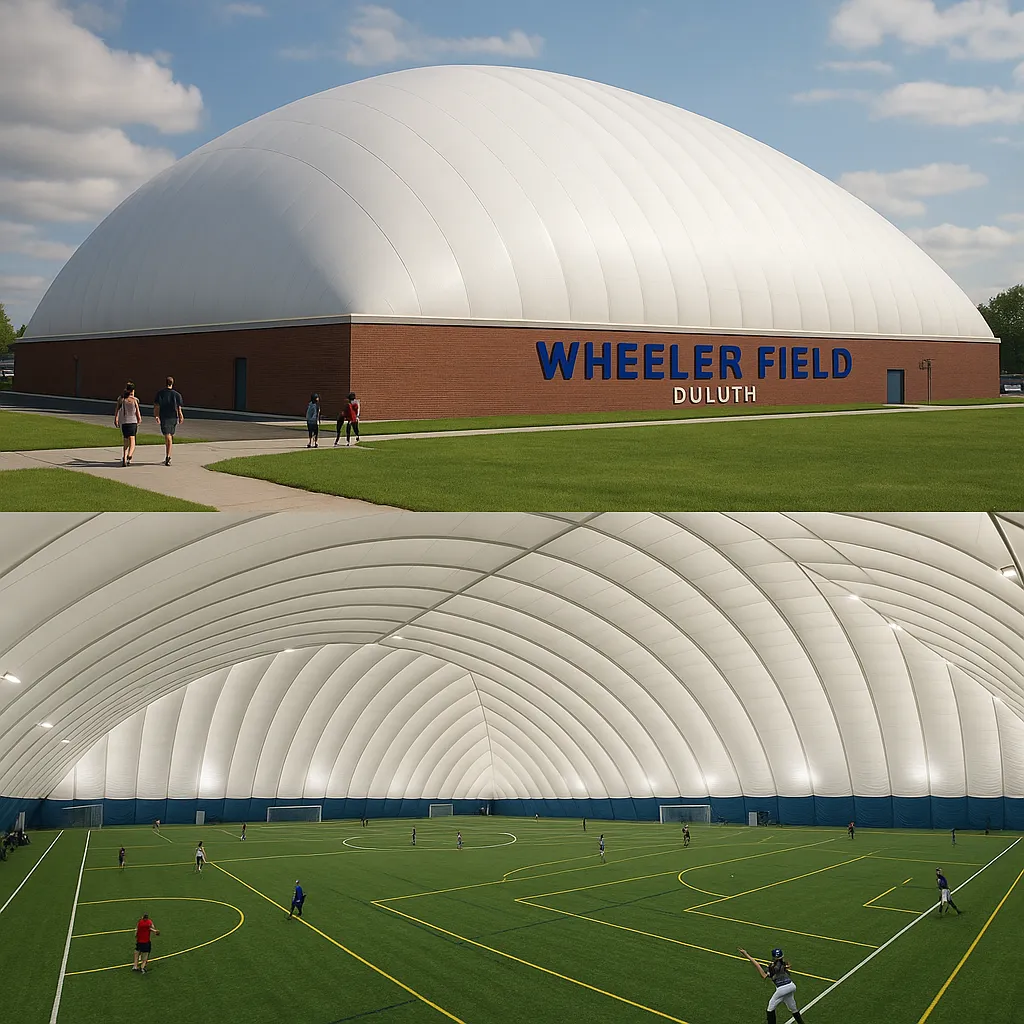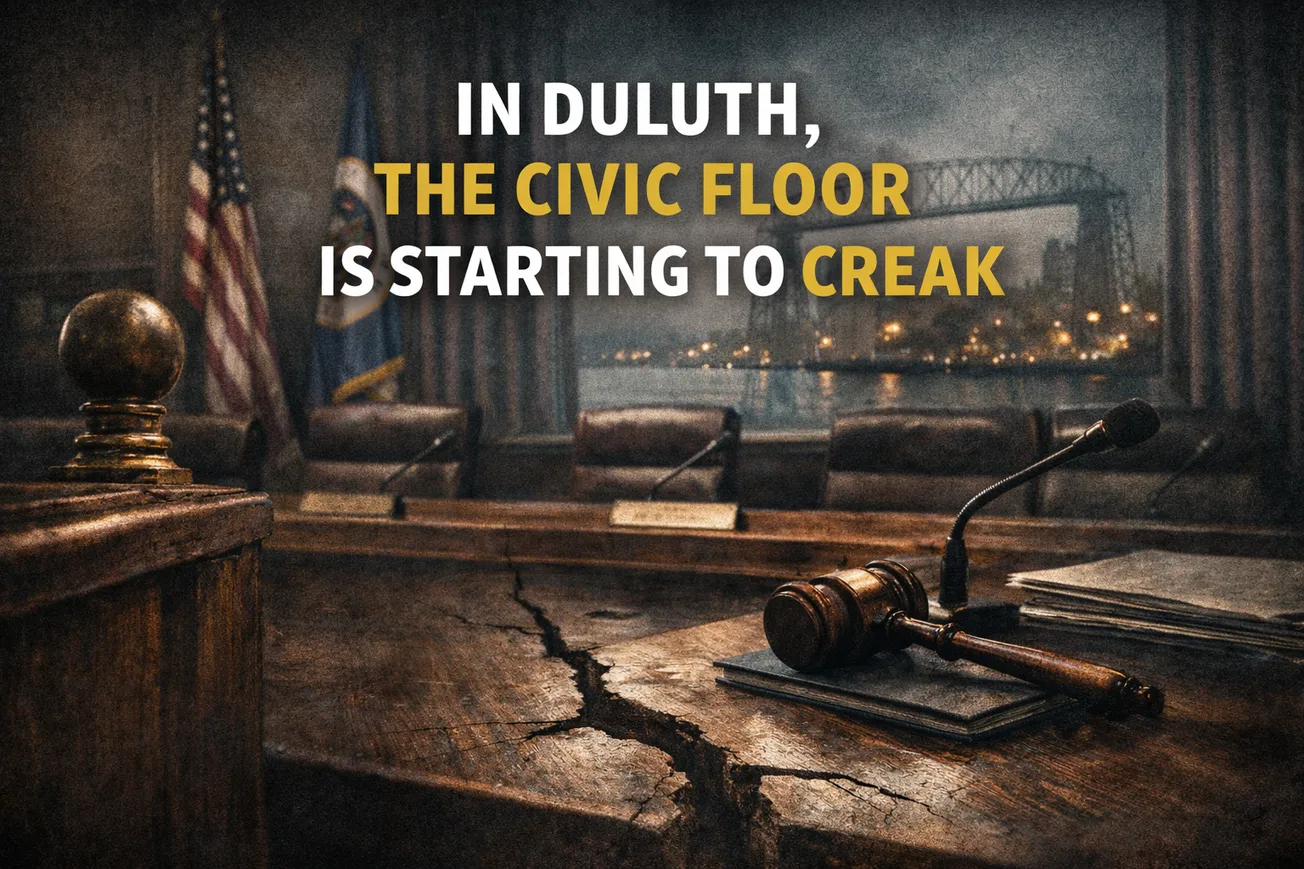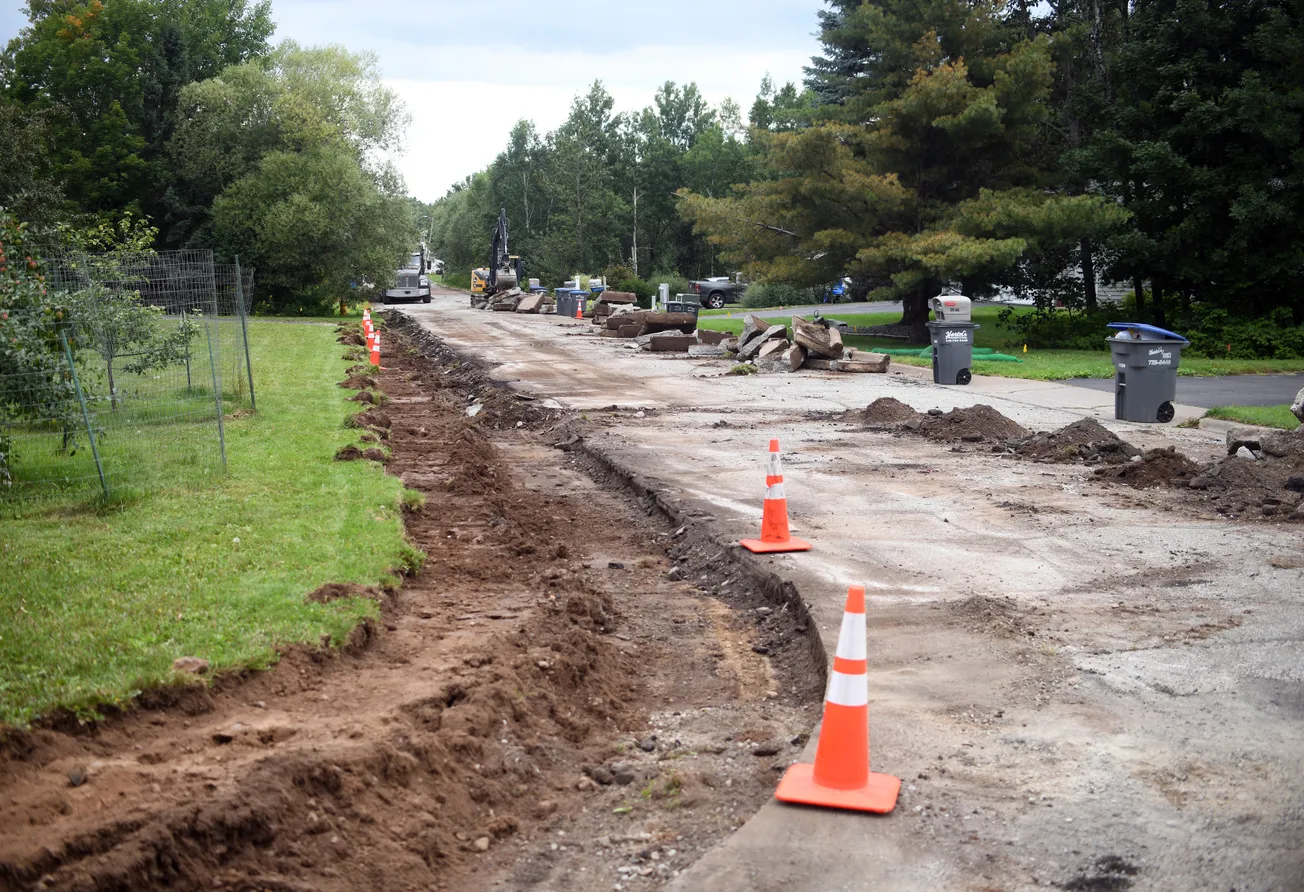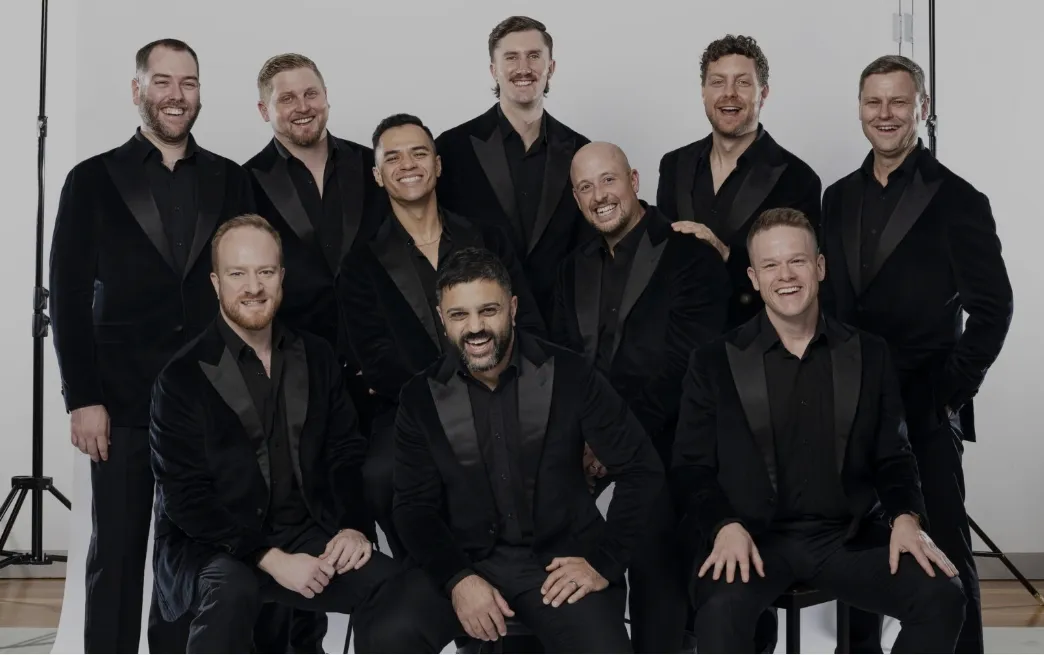By HOWIE HANSON
Editor & Publisher
DULUTH, Minn. — If there was ever a moment to lean into Duluth’s momentum as a regional youth sports capital, it’s now.
The City of Duluth — under the proven, forward-thinking leadership of Mayor Roger Reinert — should immediately begin plans to finally build our first-ever indoor sports dome at Wheeler Field and replace the aged, notoriously cold Fryberger Arena in the Woodland neighborhood with a new, modern facility.
Start with the Wheeler Field dome. Duluth’s glaring need for an indoor sports dome has been evident for years. Such a facility at Wheeler Field could include two regulation-size softball diamonds with convertible turf space for soccer, flag football and countless other activities. Crucially, it would give our local athletes — and visiting teams — a year-round option, not just a short spring window.
Continue with Fryberger. The nearly 60-year-old building has long been a cornerstone of Duluth hockey, but anyone who’s bundled up to watch a game there knows it’s outlived its best days. Replacing it with a state-of-the-art arena — ideally attached to the existing Duluth Heritage Sports Center in the Clyde Park district — makes perfect sense. That part of West Duluth has organically emerged as the city’s sports district, thanks to the close proximity of Wade Stadium, Wheeler Field and Public Schools Stadium.
A new arena connected to the Heritage Center would create a three-sheet ice complex, dramatically increasing Duluth’s capacity to host large-scale tournaments and events. Toss in a new parking ramp, partially funded through the city’s 50-50 tourism tax receipts, and you’ve got a shovel-ready project that pays dividends to local businesses across West Duluth and the bustling Lincoln Park Craft District.
The payoff? Huge. More tournaments, more hotel stays, more dinners out, more shopping trips. The economic spin-off would touch countless corners of the community, while also ensuring local kids have top-tier facilities to grow their skills and chase their dreams.
This is the type of big-picture investment that has long been a hallmark of Reinert’s approach. It would show once again that Duluth is serious about its youth, growing its visitor economy, and being Northland’s year-round sports destination.
Now is the time to draw up the blueprints and get the ball rolling. Because if Duluth doesn’t take this shot, someone else surely will.
